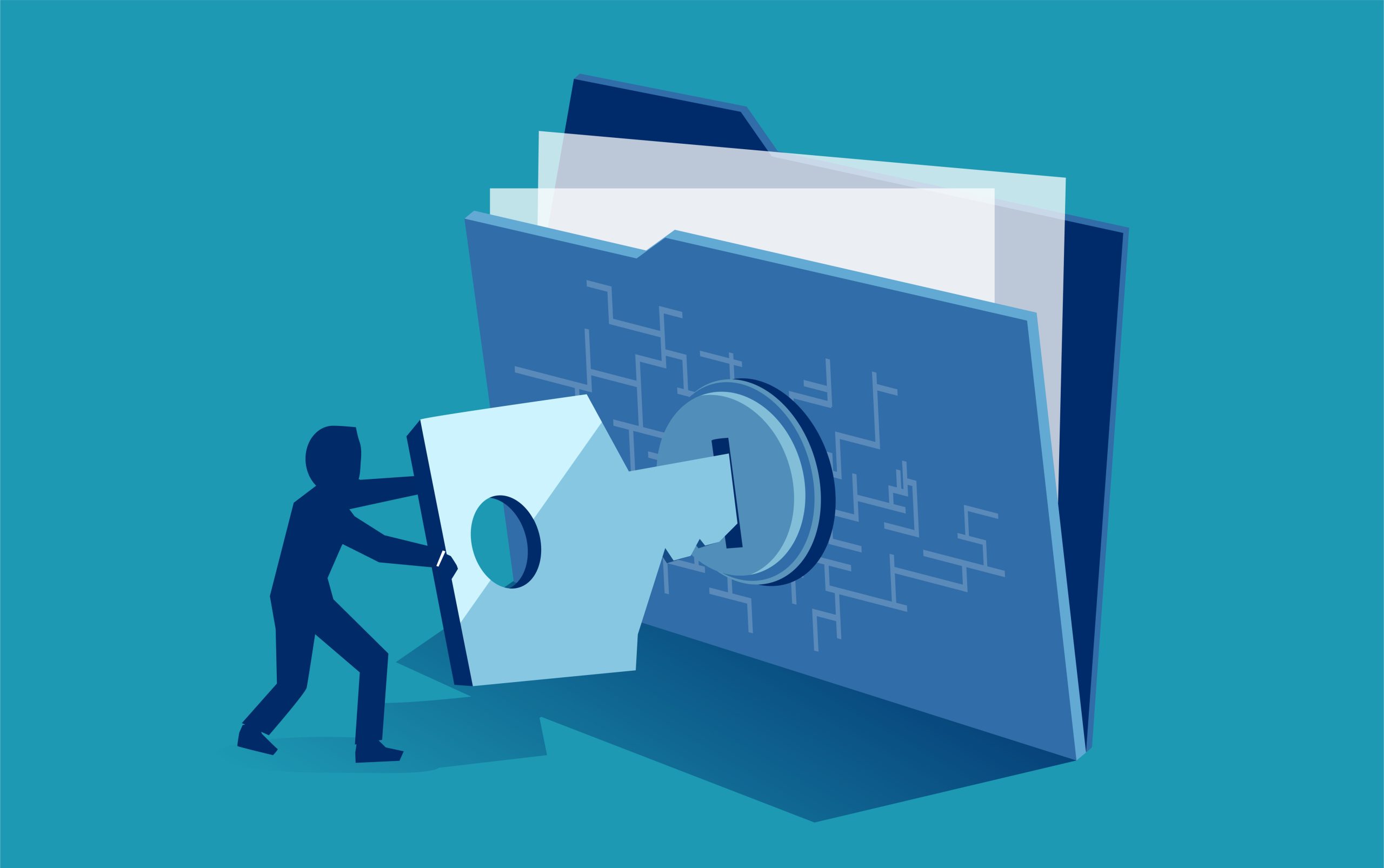
- Posted on
- Brett Osborn
A guide for small and mid size business to protect Data
In today’s digital age, data security is more important than ever before. For small and mid-sized businesses (SMBs), protecting sensitive information can be a daunting task due to limited resources and expertise. However, with the right strategies in place, SMBs can effectively safeguard their data against cyber threats.
Here are some general best practices for data security:
- Regular Software Updates: Ensure all software applications, including operating systems, are regularly updated. These updates often include critical security patches that protect against known vulnerabilities.
- Strong Password Policies: Enforce strong password policies across your organization. This includes using complex passwords and changing them frequently.
- Data Encryption: Use encryption to protect sensitive data both in transit and at rest. This adds an extra layer of protection if the data falls into the wrong hands.
- Backing Up Data Regularly: Regularly back up all critical business data. In case of a ransomware attack or other disaster, you can restore your systems without losing important information.
- Employee Training: Educate employees about safe online behavior and how to identify phishing scams and other threats.
- Access Control: Implement strict access control measures. Only grant access to sensitive data on a need-to-know basis.
- Regular Security Audits: Conduct regular security audits to identify vulnerabilities in your systems and processes.
For businesses operating in regulated industries, additional compliance requirements apply:
Healthcare (HIPAA Compliance): The Health Insurance Portability and Accountability Act (HIPAA) sets the standard for protecting sensitive patient health information. In addition to general best practices, healthcare providers must ensure they are fully compliant with HIPAA regulations. This includes implementing safeguards to protect PHI (Protected Health Information), conducting regular risk assessments, and providing ongoing training to employees.
Financial Institutions: Financial institutions face unique challenges when it comes to data security due to the sensitive nature of financial information. In addition to general best practices, these businesses must comply with regulatory requirements such as the Gramm-Leach-Bliley Act (GLBA) and the Sarbanes-Oxley Act (SOX). These regulations require stringent safeguards for customer data, regular risk assessments, and robust incident response plans.
While data security can seem overwhelming, implementing these best practices can significantly reduce your business’s risk. Remember, it’s not just about protecting your own business; you also have a responsibility to safeguard the sensitive information entrusted to you by your customers or clients. By prioritizing data security, you’re investing in the long-term success and reputation of your business.
Stay vigilant, stay secure!


Comments are closed.